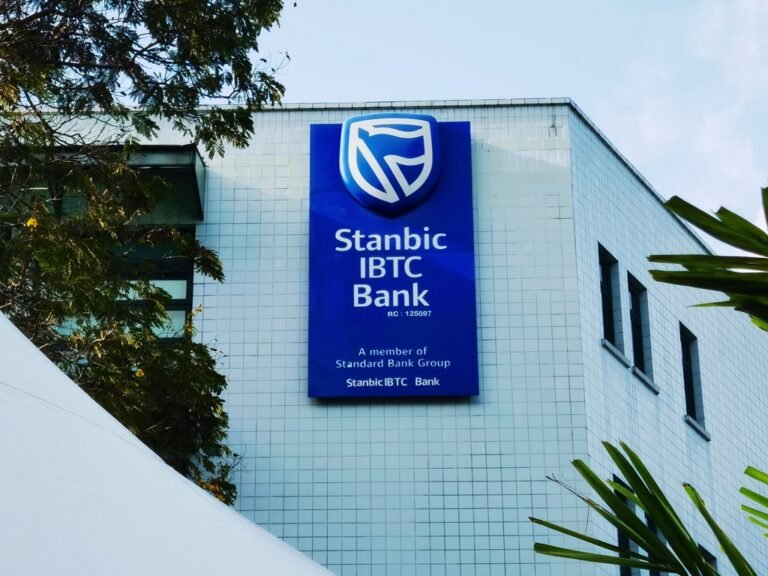Few unions in Nigeria command as much influence over the economy as the Petroleum and Natural Gas Senior Staff Association of Nigeria (PENGASSAN). With members drawn from the country’s vital oil and gas industry, the union is not just a voice for workers—it is a power centre whose decisions can ripple through the entire economy.
From 1978 to Today: The Making of a Powerful Union
Formally registered on August 15, 1978, PENGASSAN was created to represent middle and senior-level staff in petroleum and gas companies, a tier of workers distinct from NUPENG’s junior staff membership. Its first leaders, Comrade (Rev.) O. Oshewa as President and Comrade O. Oyo as General Secretary, laid the foundation for what has since become one of Nigeria’s most strategic labour organisations.
The union’s early years coincided with oil booms and state control of the industry. As deregulation and restructuring unfolded in later decades, PENGASSAN evolved into a frontline defender of rights and an interlocutor between labour, multinational oil firms, and the Nigerian state.
The Union’s Role: More Than Workplace Bargaining
PENGASSAN’s mandate extends well beyond salaries and allowances. Its functions include:
Negotiating contracts and conditions for technical and supervisory staff.
Defending workers’ rights, especially against dismissals tied to union activity.
Industrial action, ranging from targeted supply cut-offs to nationwide strikes.
Policy dialogue with government agencies and regulators such as the NUPRC.
Sector advocacy, ensuring that Nigerian professionals play central roles in energy reforms, safety standards, and the country’s transition to cleaner fuels.
What makes PENGASSAN especially potent is its membership base. Senior and technical staff control production systems and supply lines. When they withdraw services, the impact is immediate and far-reaching.
Leadership and Strikes: Shaping the Industry’s Trajectory
Over the decades, PENGASSAN has had a string of influential leaders, each navigating the tension between labour rights and national economic priorities.
Peter Esele led briefly before moving on to head the Trade Union Congress (TUC).
Babatunde Ogun was elected in 2008, steering the union through years of rising contract staffing disputes.
Festus Osifo, the current President, and Lumumba Okugbawa, General Secretary, are now at the centre of the refinery labour battles that have drawn national attention.
The union’s history is dotted with strikes—some short-lived, others prolonged—that have affected crude exports, gas supplies, and refinery operations. Its latest clash with the $20 billion Dangote Refinery, over alleged mass dismissals of Nigerian staff, underscores how PENGASSAN’s actions can disrupt not just a company but the broader fuel market.
PENGASSAN and the Nigerian Economy
Oil remains Nigeria’s lifeline, accounting for the bulk of foreign exchange earnings. This makes PENGASSAN’s leverage uniquely significant. Every strike, every withdrawal of service, has consequences beyond the shop floor:
Energy security: Disrupted gas or crude supplies quickly hit refineries and power plants.
Revenue: Government earnings can dip when production stalls or exports are delayed.
Investor confidence: Multinationals and private investors alike monitor union stability as a signal of risk.
Public welfare: Workers’ disputes often translate into fuel shortages, price hikes, and economic tension across the country.
Strengths and Challenges
PENGASSAN’s strength lies in its ability to paralyse operations and bring both government and companies to the negotiating table. It also enjoys credibility in policy debates, given the expertise of its membership.
Yet, the union faces challenges. Companies often accuse it of protecting inefficiency or obstructing reforms. Some critics argue that senior staff, being closer to management, are less united than junior unions like NUPENG. Legal constraints also mean its strikes risk being declared illegal or attracting heavy-handed government interventions.
Why PENGASSAN Still Matters
At a time when Nigeria is pursuing deregulation, private mega-refineries, and energy transition plans, PENGASSAN remains a central player. Its current confrontation with Dangote Refinery is not just about union rights—it is a reminder that in Nigeria, labour power and economic power are inseparable.
Whether advocating for its members or flexing its muscles in national disputes, PENGASSAN continues to shape the balance of leadership, power, and the economy.


























